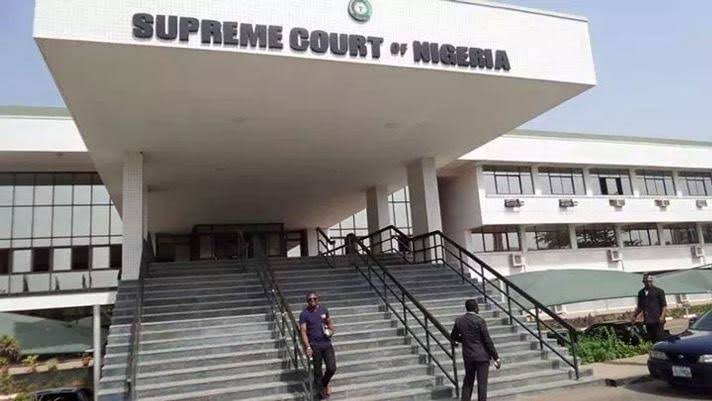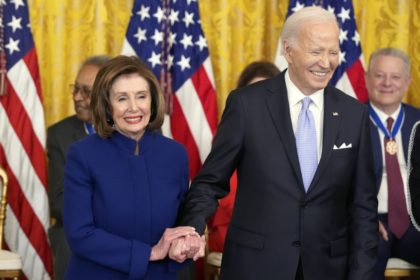Amidst Supreme Court ruling last Thursday prohibiting the use of caretaker committees for administering federal funds, a wave of political activity has surged across Nigeria. At least 13 states have now announced specific dates for local government elections, setting the stage for a pivotal moment in the nation’s democratic process.
The ruling, which mandates the election of officials rather than appointment of caretaker committees, has prompted a swift response from states eager to comply. Among the first to act is Kaduna State, where the Independent Electoral Commission (SIECOM) has scheduled elections for October 19, 2024.
In an address to political groups and stakeholders on Tuesday, Hajara Mohammed, the Chairperson of Kaduna SIECOM, emphasized the importance of a smooth transition. “The current council members were inaugurated on November 1, 2021, and their term will end on October 31, 2024. Our goal is to ensure a seamless and democratic handover,” she stated.
Echoing this sentiment, the Kogi State Independent Electoral Commission has also slated October 19, 2024, for its local government elections. Chairman Mamman Eri highlighted the constitutional mandate driving this decision during a stakeholders’ meeting in Lokoja. “We are committed to upholding the Constitution and the authority it bestows upon the state Independent Electoral Commission to conduct these elections,” Eri affirmed.
Meanwhile, Bauchi State is set to hold its local government elections even sooner. On August 19, 2024, voters in Bauchi will head to the polls. Alhaji Ahmad Makama, Chairman of the Bauchi State Independent Electoral Commission, assured citizens during a news conference that comprehensive preparations have been made to ensure transparent and fair elections. “Every necessary measure has been taken to guarantee the integrity of this electoral process,” Makama declared.
Other states that have announced dates for their local government elections include Katsina,Osun, Enugu, Benue, Rivers, Jigawa, Imo, Kebbi, Abia, and Anambra. This widespread mobilization underscores the significant impact of the Supreme Court’s decision, which is expected to enhance accountability and democratic governance at the grassroots level.
The urgency of these preparations is palpable in states like Kaduna, where political parties are already gearing up for intense campaigns. A local political analyst, Dr. Abdulrahman Ibrahim, remarked on the heightened political activity, “The Supreme Court’s ruling has reinvigorated the political landscape. Parties are mobilizing their bases, and candidates are emerging to contest these crucial elections.”
In Kogi State, the electoral commission’s decision has been met with mixed reactions. Some political stakeholders have expressed concerns about the readiness of the commission to conduct free and fair elections.
However, Chairman Eri remains resolute. “We are fully prepared to meet this challenge and conduct elections that reflect the will of the people,” he asserted.
As Bauchi gears up for its elections next month, the focus is on ensuring voter education and turnout. “We are working closely with civil society organizations to educate voters on their rights and the importance of participating in this democratic process,” Alhaji Makama added.
The implications of these elections are profound. With caretaker committees now prohibited, elected officials will be directly accountable to the electorate, potentially leading to more responsive and effective local governance. As Nigeria’s states move swiftly to comply with the Supreme Court’s directive, the coming months promise to be a defining period for the nation’s democracy.
In the streets of Kaduna, anticipation is building. “We are eager to choose our leaders and hold them accountable,” said Aisha Ibrahim, a local resident. This sentiment resonates across the 13 states as citizens prepare to exercise their democratic rights in the upcoming local government elections.




